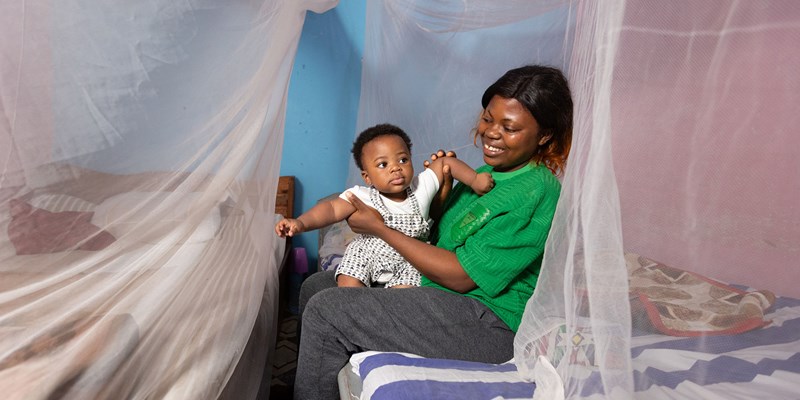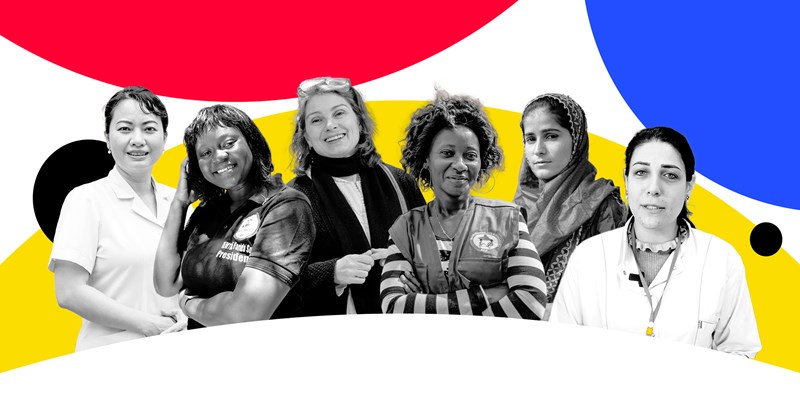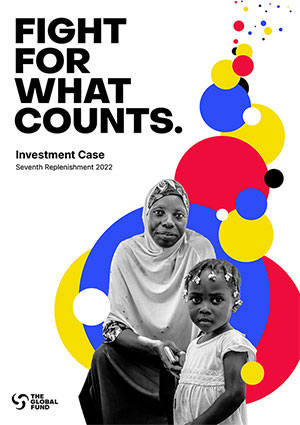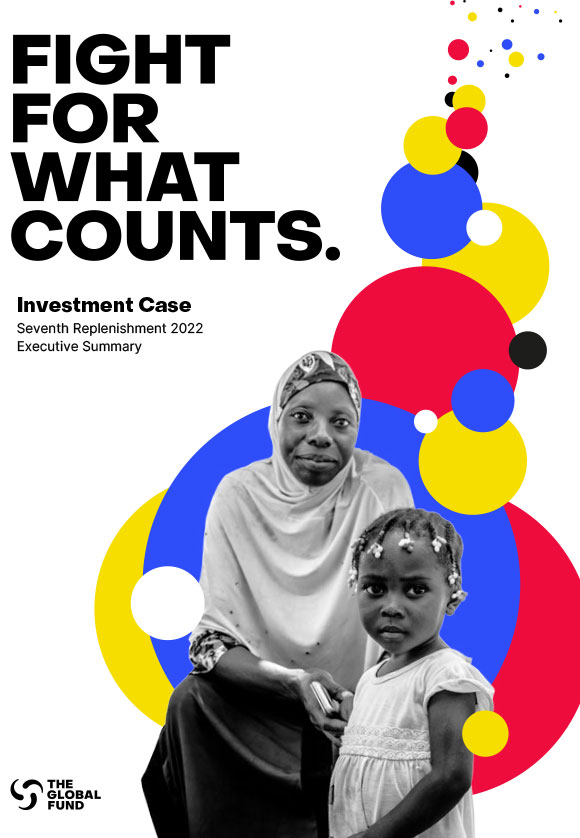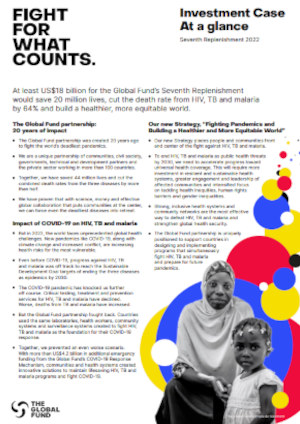Gavi, the Global Fund and USAID announce innovative collaboration to support supply chain leaders
18 March 2021
GENEVA – Recognizing the critical role that health supply chain leaders and managers play in ensuring the availability of critical vaccines and health commodities, three donor agencies – Gavi, the Vaccine Alliance, the Global Fund to Fight AIDS, Tuberculosis and Malaria and the United States Agency for International Development (USAID) have established a new partnership to jointly offer an updated version of the Strategic Training Executive Program, known as STEP 2.0.
By uniting with one voice through this transformative program, Gavi, the Global Fund and USAID will increase supply chain efficiency and consequently improve health outcomes for many in lower- and middle-income countries struggling to access medicines or other health commodities.
Managed by People that Deliver (PtD) – a global coalition hosted by UNICEF Supply Division – STEP 2.0 is specifically tailored to the needs of health supply chain leaders and managers. Crucially, it blends elements of self-paced learning, facilitator-led training, on-the-job application of leadership skills and coaching support.
It builds on Gavi’s original model, developed in 2015, which enhances the management capacity of immunization supply chains through a structured training program. With the support of the UPS Foundation and the IFPW Foundation and its member partner, GlaxoSmithKline, over 300 participants from 22 countries benefitted from the original STEP program.
What makes STEP unique is that it pairs public health supply chain leaders with private sector supply experts. STEP 2.0 goes even further by leveraging the technical strengths of each organization’s supply chain leadership programs, including USAID's Lead Lab Initiative and the Transformational Leadership Program, a change management program for supply chain executives.
Dr. Seth Berkeley, Gavi CEO, explained the important skills gap that STEP 2.0 aims to address: “Leadership skills are critical for supply chain management — yet often the leaders and managers of public health supply chains in low- and middle-income countries are former front-line health workers and have not been supported to develop these and other soft skills. This collaboration with USAID and the Global Fund is an opportunity to build the skills of immunization supply chain leaders who Gavi sees as a critical element to health systems strengthening. The announcement of this collaboration is especially timely, as public health supply chain leaders will be fundamental for the successful rollout of COVID-19 vaccines in 2021 and 2022.”
Peter Sands, Executive Director of the Global Fund, expressed his support for this innovative collaboration: “Efficient health supply chain systems are critical to fight pandemics and a key component of resilient and sustainable systems for health. The STEP 2.0 program offers a unique opportunity to strengthen in-country supply chain systems and ensure lifesaving health products are delivered where they are needed most.”
The success of the first STEP program has increased demand for course offerings and led to the development of the updated program, which reflects the need for supply chain executives to share their experiences with the private sector and be able to drive transformational change and continuous improvement within supply chain systems.
Since the creation of STEP, UNICEF Supply Division has also played a key role, advising on the structure and content of the training curriculum. UNICEF currently convenes the STEP Steering Committee.
Going forward, PtD will work closely with donors, implementing partners and other key stakeholders to oversee and coordinate the rollout of STEP 2.0 which is set for early 2021.
